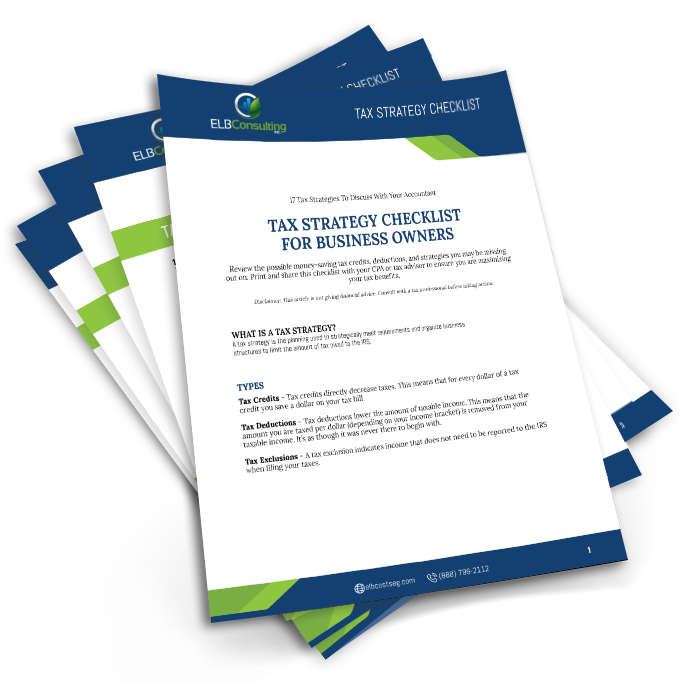How Does a 1031 Exchange Work?
When you sell a commercial or residential property at a gain, the IRS wants to tax that gain. This capital gains tax will take about 15% of your profits directly from your pocket. For like-kind property, a 1031 exchange allows you to defer this capital gains tax and reinvest that money into a different like-kind commercial or residential property.
The money goes straight from the first property to the next property, through a qualified intermediary, without you ever having access to the funds. If you did gain access to them at some point, it would be considered taxable by the government.
Let’s look at an example.
EXAMPLE
You own a duplex that you purchased at $2M two years ago.
You notice that the property itself has appreciated in value to $3M, so you decide to sell.
You have two options:
- Keep all of the money from the sale with an income tax applied to the $1M gain
- Use a 1031 like-kind exchange to defer capital gains tax by reinvesting all $3M into a new property or multiple properties
The 1031 exchange allows you to defer capital gains tax on purchasing a new like-kind property as many times as you like. As you sell and buy new properties, you can continue to pass on the 1031 tax deferral from property to property. In fact, if your children inherit your property, they will pay no capital gains tax at all.
How Do I Qualify for a 1031 Exchange?
A 1031 Exchange is pretty much open to anyone investing in real estate, but there are a few stipulations that you should keep in mind.
It Must Be Listed Under The Same Owner
This may not seem like a big deal at first, but it can be problematic in certain situations. For example, if you purchased the first property as an individual and have since created an LLC for operation, the title must still list you as an individual. This goes for name changes and marriages as well. If you owned the first property under your maiden name and have been recently married, the second property must still be listed under your maiden name.
You Must Prove Investment Intent
A 1031 seems very enticing to someone flipping properties, but, unfortunately, it may not apply to them. In order to qualify for a 1031 exchange, you must prove that your original intent was to gain passive income from the property, that the property isn’t a personal residence, and that the property is held for a minimum of 2 years.
![]()
The 1031 Exchange Timeline
In order to keep investments moving, the IRS enforces a strict timeline for all 1031 exchange cases.
Before 45 Days After Closing
You must identify and submit up-to-three potential properties to the IRS once you’ve decided to purse a 1031 exchange. This must be done before 45 days after closing the sale of your property. Once you’ve submitted your properties, you may only choose one of those three, so choose carefully. Since 45 days is so short in the world of real estate, we recommend scoping out potential properties before even putting yours on the market.
Before 180 Days After Closing
180 days after your sale closes, you must have closed and owned your new property or you will lose your 1031 exchange option. The IRS is strict about this and doesn’t offer extensions, so it may be smart for you to even have your new property under contract before closing on your own property’s sale. This gives you plenty of time to close on your new property in this short window.

17 Tax Strategies For Business Owners
TAX STRATEGY CHECKLIST
Discover 17 tax strategies to bring to your accountant and ensure you're making the most of your tax benefits. Enter your email address to download your free, printable copy.
Ready to get started?

Step One: Call or message us.
Call us at (888) 796-2112, submit the inquiry below for a call back, or request a free quote.
Click to call

Step Two: We perform a fully-engineered study of your property.
We'll do all the heavy lifting to find you the maximum tax deductions you qualify for.

Step Three: We deliver your 'CPA-ready' report.
Get a completed cost segregation study that decreases your tax liability and puts more money in your pocket.
